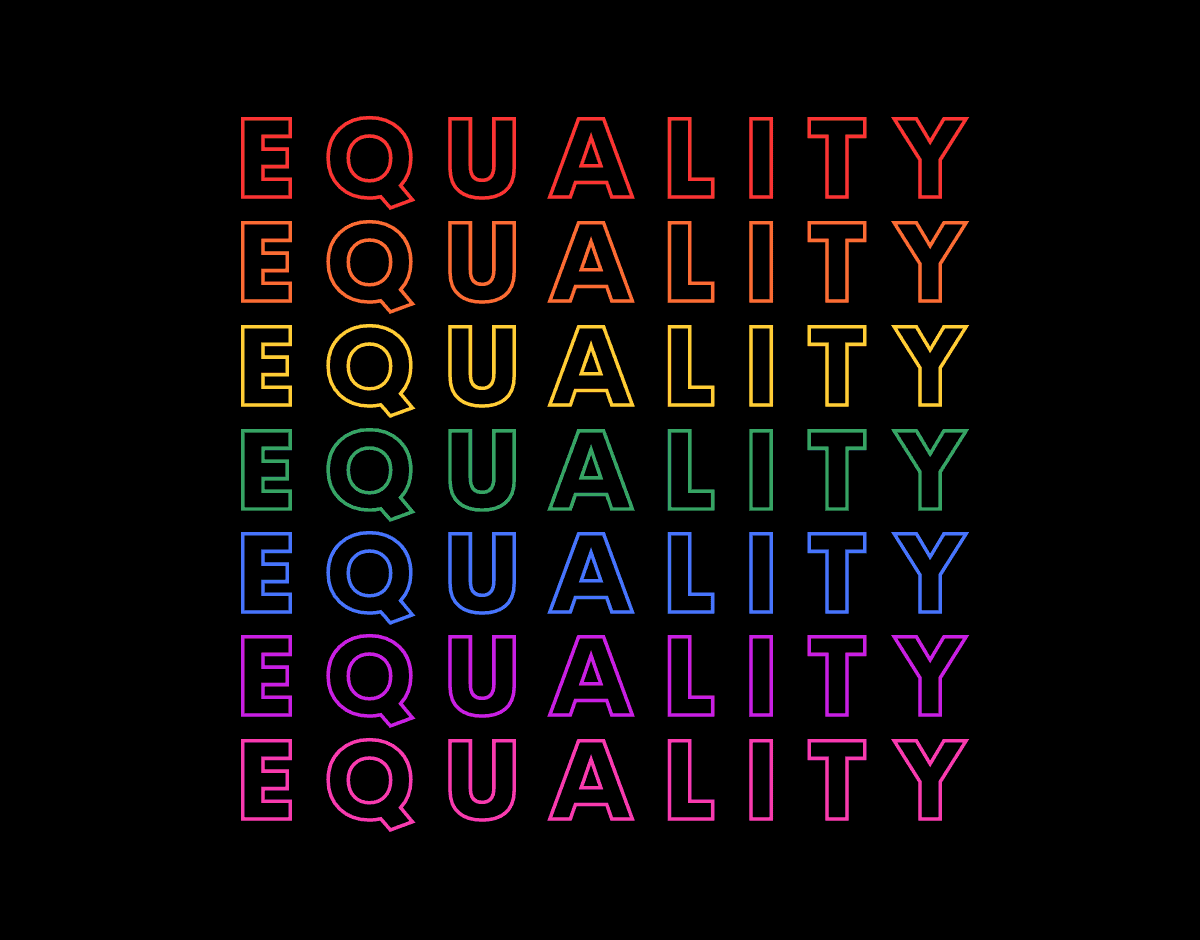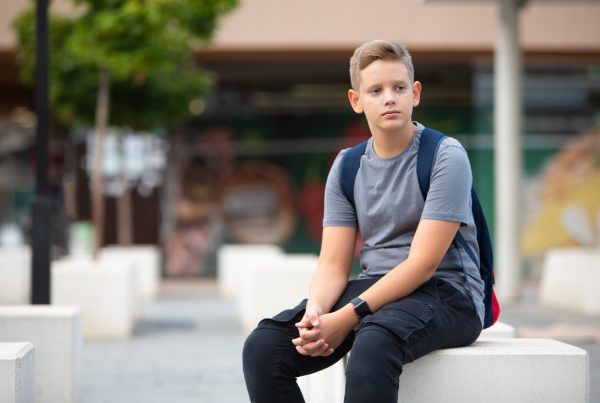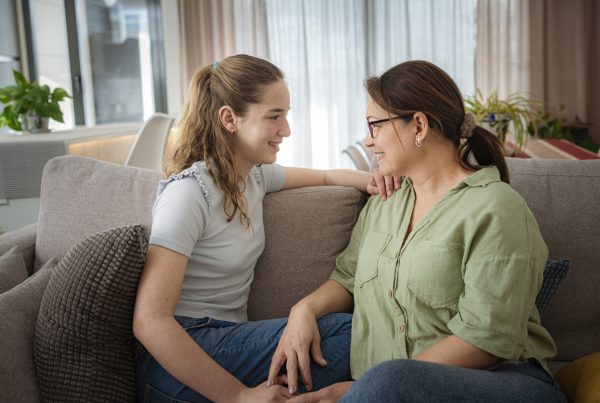Teens who identify as part of the LGBTQIA+ are statistically more likely to struggle with depression, victimization, anxiety, and suicidal thoughts (as well as actions) than their heterosexual, cisgender (i.e., same gender and sex) peers. Of course, being different from the rest of society has its distinct downsides, especially for kids trying to figure out what their place in the world might be and realize that that place comes with a lot of judgment, victimization, and abuse. Nevertheless, as adults, we have a role to play in society as behavioral models for our kids and their peers.
For example, one of the most basic rules of proper etiquette in society is to respect other people’s boundaries and do unto them only as you’d want done unto yourself. But in many cases, just not hurting others might not be enough. We can sometimes take a more proactive role in being allies to kids and teens who find themselves victimized by others and welcome kids and teens who might identify with different gender identities or expressions than the rest of society into our friend and family circles.
What Does Being an Ally Mean?
By being allies, we also teach our kids that it’s important to call out oppressive or victimizing behavior, educate and inform ourselves on what it means to be a productive and helpful ally, and be empathic towards others, regardless of race or gender. So being an ally is about more than just tolerating or being indifferent towards LGBTQIA+ teens.
It’s about providing support and advocacy as well, by standing up for them, giving them the space to speak up when that space is taken away, and putting our own voices behind our LGBTQIA+ peers as they fight for better healthcare, equal rights, the same job opportunities, an equal education, and less discrimination in public.
Your Role as an Ally Parent
Raising a teen ally means modeling ally behavior – by fostering the values of inclusion, empathy, and unbiased attitudes. Encourage questions, help your kids seek out information, educate yourself alongside your children, and actively take part in helping your child learn more about different cultures, ethnicities, religions, traditions, and practices. Teach your children that they can and should stand up for what’s fair and what’s right.
Empathy and compassion are not weaknesses but strengths – abilities that require putting others before oneself, recognizing the importance of selfless actions, and how we all have a responsibility to make this world a little bit easier to live in as a people. You can help encourage your teen to be more empathic by modeling empathic behavior yourself. Donate more time to neighborhood causes. Extend a helping hand more often. Become a volunteer. Hand out resources. Start honest conversations with your teen about how people are treated and how they treat others.
Take Advantage of the Power of Books
Research shows that when we begin to immerse ourselves in the viewpoints and experiences of others, we start to expand our empathic horizons – we see things from a different perspective and begin to build a worldview of inclusion. Human stories are compelling and help us learn more about how other people have lived and continue to live, whether right here at home in halfway across the globe.
Tap into the power of books and encourage reading stories from different cultures from a young age. After reading a book with your child, ask them questions that might help them further put themselves into someone else’s shoes. You can even explore different cultures together without the luxury of travel (especially in these difficult times) by trying out recipes and traditions from different parts of the world. Foster your child’s curiosity through an expanded view of the world.
People worldwide live in different ways, under different conditions, and prize different things – yet there are many ways in which we’re fundamentally the same, from our love of food and dance to the value of mutual respect, cultural heritage, and family. Reading a variety of books can also help your teen understand that there is no such thing as an ideal family. Every family can be a good family, and family diversity is an increasingly important topic as more and more families in the US become blended. In addition, the nuclear family becomes increasingly less common.
Focus on Empathy
Above all else, this Pride Month, becoming allies (or helping our teens become allies) centers around realizing the power and strength behind true empathy and compassion. Unfortunately, some teens seem to misunderstand taking other people’s feelings into account as a sign of weakness. But it takes immense strength to consider someone else’s pain and try to help them despite not being in their shoes.
It takes intelligence and a strong will to reject stereotypes and think for oneself. Being an ally is just about making sure that those around us who are least likely to be treated like normal human beings get the treatment they deserve – to feel normal and be accepted as people, just as they are, without being forced to sanitize their identity or make themselves more palatable to avoid bigotry.
Never Underestimate Parental Influence
Sure, peer influence is powerful – but kids, including teens, still base much of themselves on their parents, whether they like it or not. Your role as a parent should never be diminished – you have incredible influence over how your child acts and thinks, as well as over how they see the world, for better and for worse. The first step to helping your child become more compassionate is to look in the mirror.
That being said, it also doesn’t hurt to recognize and accept that change comes from within and takes time, even in teens. Teenagers are still developing both emotionally and mentally. They may not have the necessary tools to fully understand their place and role in the world and the value and importance of considering others. Some teens might be more predisposed towards such thoughts and feelings than others. Be patient and be a good role model.








